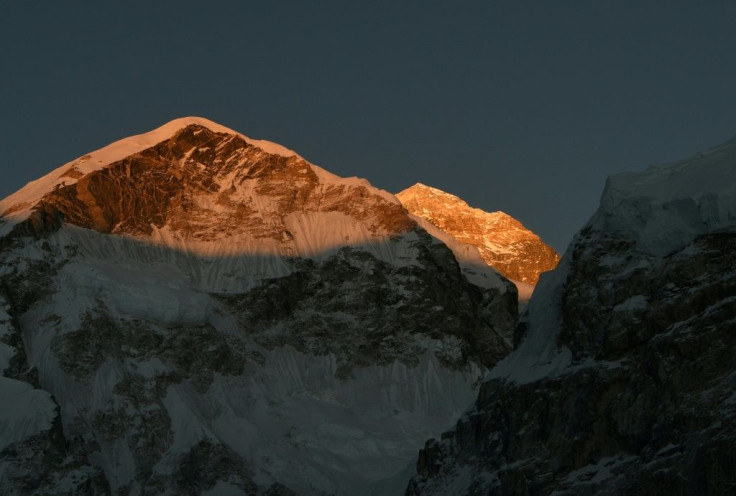Polish Daredevil Abandons Attempt To Ski Down Everest

A hanging chunk of ice the size of an apartment block has forced Polish daredevil Andrzej Bargiel to abandon his bid to ski down Mount Everest, he announced on his Facebook on Monday.
The 31-year-old -- who last year skied down K2 -- was making a rare attempt to summit the world's tallest mountain and then ski down without supplemental oxygen.
But a serac -- a block of glacial ice -- is hanging dangerously above the already treacherous Khumbu icefall that climbers have to cross to reach Camp 1.
Bargiel and other teams were waiting at the base camp hoping the serac -- which he said is around 50 metres (165 feet) by 30 metres (98 feet)-- would break off so they could pass.
"Walking underneath through the Icefall is extremely dangerous," he posted on his Facebook page, adding he wouldn't accept the risk.
"We are here for a long time, there is no progress and so no acclimatisation beyond base camp. We therefore have to finish our expedition, because that’s the most reasonable decision."
The decision comes after another team abandoned its expedition last week, now leaving only a few climbers on the mountain.
Autumn expeditions on Everest are rare because of snowier terrain, shorter and colder days and a narrow summit window compared to the busy spring. Nepal has issued only 10 permits for the mountain this season.
Bargiel was eyeing the 8,848-metre-tall Everest (29,028 feet) only a year after he became the first person to ski down Pakistan's K2, the second-highest mountain in the world.
He has previously also skied off Nepal's Manaslu, Broad Peak in Pakistan and Shishapangma in Tibet.
The world’s highest peak has seen a handful of ski descents, but never a continuous downhill without additional oxygen, as Bargiel had planned.
This year's traffic-clogged spring climbing season saw a record 885 people summit on Everest, 644 of them from the south and 241 from the northern flank in Tibet.
The season ended with 11 deaths -- at least four blamed on overcrowding.
© Copyright AFP 2024. All rights reserved.




















